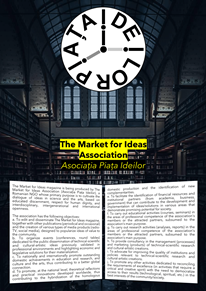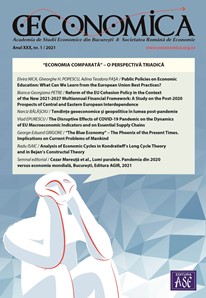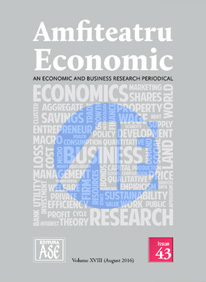
Long Live Europe! But Whose Europe?
European Union remains one profoundly unaccomplished political project for too many reasons. Despite a continuous external growth, since the inception, and internal maturation, it was not able to fill entirely the “real estate” of the cultural habitat which – by both stretches of the mind and grace of geography – was and is considered to represent the whole (and holy) Europe: the Norwegians and the Swiss were not seduced by the “tender offer” Brussels displayed towards them, though they are solid parts of the continent’s historical trunk either in its “heroic” (the Viking expeditions by sea) or in its “settled” (Europe’s inland highly celebrated democracy) epochs. Also, EU struggles to digest and metabolise some of the Central and Eastern European new-comers, while the Western Balkans, with the residual nation-states of the ex-Yugoslavian failed multinational union, seem, with the notable exception of Croatia, so “estranged” from Europe.
Greece, the first proven free rider of the united Europe’s “tragedy of the commons”, is only one of the Mediterranean states exploiting perversely EU fiscal-monetary mismatch. But the Brits were the first to have an explicit second thought regarding EU membership, although their kingdom was not the main custodian and main driver of Europe, but rather a “spoiled” partner (by the standards of the German-French axis). Maybe right, but for too many wrong reasons, the UK citizens who voted enthusiastically for “Brexit” opted for the abortion of the regulatory pressures stemming from the core of softly-socialistically-biased EU bureaucracy, but threw off, along with it, the market freedoms of movement (out of which they feared the most that of labour force, in quasi-socialist trade-unionist spirit). Thus, to the inconsistencies within EU’s political philosophy and economic mechanism design, the British response seems legitimate. Is the time ripe for an EU self-scrutiny?
The Nobel Peace Prize, the 2012 edition, was awarded to the European Union “for over six decades [having] contributed to the advancement of peace and reconciliation, democracy and human rights in Europe”. Immediately, the three “EU (main institutions) Presidents” at the time thanked for receiving it; though, it is said, the award wasn’t given only to epigones of the yesterday founders, but to us, the 500 million citizens. In other words, we were awarded our first Nobel; and we are still waiting our share of cents from the amount paid to the winners. Now back to being serious: the European project has many defining features, both good and bad. The same is true for the “Nobel” Peace Prize, an artefact which sometimes looks like dynamite for our sense of logic and morality; an oddity is that this prize was awarded by the Norwegian Nobel Committee, from a nation of European condition, but whose suffragette majority had already refused, twice, EU accession.
Europe has produced, at least within its confines, a steady historical example of “peace through joint project”, functionally superior to other forms of truce: the Ruhr and Lorraine, seed of Franco-German quarrel, fief of coal and steel production, and core of war industries, were then domesticated by complementarity and social utility. However, this is solely a part, let’s say the romanticized one, of the unabridged EU (hi)story. The other episode features the interventionist European cartel, at “war” with citizens’ welfare. From ECSC to EEC, and then to the single and (expensively) harmonized market, or to the (damagingly) inter-conditioned intra-community “welfare state”, or to the (indigestibly) neo-feudal Common Agricultural Policy, or to the (morally hazarded) “fiscally sovereign” monetary union’s member states, Europe seemed to subtly assault citizens’ economic freedoms. At its age of 60, the EU has to convince us that is getting wiser. And we, as well.









